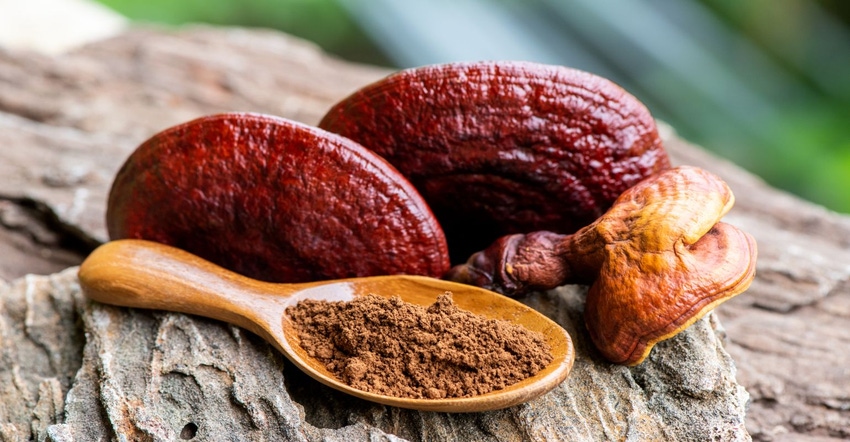NPA files petition seeking greater clarity on mushroom labeling
The Natural Products Association is seeking greater clarity on the labeling of fungal dietary supplements.

The Natural Products Association (NPA) has joined the chorus of voices asking for mushroom labeling to be clarified to distinguish products made only from the fruiting bodies from those that include the mycelium.
NPA filed a citizen petition last week with the Food and Drug Administration. It asks that FDA amend the Federal Food, Drug and Cosmetic Act to incorporate mushroom products identity principles laid out in a guidance put out by the American Herbal Products Association (AHPA). Alternatively, NPA requests FDA issue a labeling guidance of its own, and exercise enforcement discretion in the meantime.
When is a mushroom a mushroom?
The issue revolves around the definition of what can be called a “mushroom.” Fungi typically have a threadlike portion of the organism called the mycelium that digests organic material, whether it be wood, humus on the forest floor or in the soil. In commercial operations, this is usually wood pulp or grain or a mixture of the two, while other products are grown in liquid media.
The other portion of the organism is the fruiting body, which is what many consumers might understand when using the term “mushroom.”
Proponents of the fruiting-body-plus-mycelium approach claim that labeling these products with the species name of the fungi in question along with the word “mushrooms” adequately describes what consumers are purchasing.
Companies that use only the fruiting bodies themselves—whether grinding these whole for powders or using them as the basis for extracts—counter that the concentration of bioactive material is far higher in their products.
They maintain products that include mycelium are less potent and should not be compared with their products. However, they contend labeling practices in the market make it difficult for consumers to make that distinction.
The AHPA guidance recommends that when the word “mushroom” is used alone in an ingredient panel, that should mean the fruiting bodies only. Products that contain more of the organism should spell that out. The guidance uses this example: “reishi mushroom composite (mycelium, fruitbody, spores).”
“Mushroom dietary supplements are extremely innovative and as the business grows, require a standard nomenclature,” said Daniel Fabricant, Ph.D., president and CEO of NPA in a statement accompanying the filing of the citizen petition.
“By requesting that the FDA incorporate AHPA’s labeling guidelines or exercise enforcement discretion until the agency publishes its own standard of identity regulation, we aim to protect domestic farmers who continue to be economically harmed by foreign entities damaging the credibility of this evolving market,” he added.
In an interview with Natural Products Insider, Fabricant said evolving market conditions make the time right to address mushroom labeling questions.
“If you look across the landscape, you see how much more important fungal components are becoming,” he said. “And there has also been the counterfeiting problem on Amazon.”
Mushroom primer
One company that has advocated for this labeling approach for years is Nammex, which pioneered the production of organic mushrooms in China. Nammex founder Jeff Chilton said he believed that was the way to get high-quality, fruiting-body-only products into the hands of American consumers at a reasonable price.
Bill Chioffi, Nammex’s chief strategy and innovation officer, recently wrote a two-part article for Natural Products Insider that laid out the major issues surrounding mushroom product labeling. (Those articles can be accessed here and here).
Mycelium question already appears in regs
FDA has already weighed in on the mycelium question, via a regulation issued first in 1976 and amended twice since then. The regulation states: “[M]ushroom mycelium has an identity different from mushrooms, and food products in which it is used should be labeled to clearly indicate that they contain mushroom mycelium.”
But Fabricant said supplement labeling questions differ in some respects from straight food products, which the above regulation was originally written to address.
“We want to make sure all the parts of the fungus are defined and represented in the regulation,” he said.
Fabricant admitted that a citizen petition is unlikely to get FDA to move on the issue, especially considering the agency’s impending reorganization of its food programs.
“But with the growth of the category, we need to get the question out there,” he explained. “It helps raise awareness.”
About the Author(s)
You May Also Like






.png?width=800&auto=webp&quality=80&disable=upscale)